Deposit money banks (DMBs) are still charging their customers parallel market rates for foreign exchange transactions done via the bank’s naira debit cards, TheCable can report.
Many banks are transacting at the “floating” interbank market rate of N280 to N284 to the dollar, while some have banned international transactions with naira cards altogether.
In a mail sent by Stanbic IBTC to its customers on Tuesday, the bank said it was charging N310 to the greenback, as against N283, which the interbank market traded on the same day.
“We wish to inform you that you can now stay up date on our card rates by simply visiting our website,” the mail read in part.
Advertisement
The bank went on to say: “Please find below our current card rate: 1GBP = 424.07, 1USD = N310, 1EUR = 341.63. Please note rates may vary from time to time.”
The three currencies traded at the interbank market on Tuesday at 371, 283 and 310 respectively, showing a variance of N53.07 on the pound, N27 on the dollar and N31.63 on the European currency.
Guaranty Trust Bank and Access Bank were also charging between 330 and 340 against the US dollar.
Advertisement
First Bank, Diamond Bank and Zenith Bank do not even allow their naira debit cards to be used for dollar transactions.
PARALLEL MARKET RETURNS TO BUSINESS AS USUAL
The situation on the parallel market is also returning to business as usual, as the effects of the new foreign exchange regime are gradually fading out of the market operations.
On Monday, the naira lost ground to the dollar, falling from 345 on Friday to 347, only to fall further on Tuesday to 352.
Advertisement
A bureau de change operator who spoke to TheCable from Abuja on Tuesday evening was “thankful to God” that the market was “recovering” in favour of BDC agents who bought the dollar at prices above 350 a few weeks ago.
Before the new forex regime kicked off, the naira was trading above 355/$1, but fell to 330 as at the start of the regime, only to depreciate gradually towards its previous position.
The Central Bank of Nigeria said in a letter to President Muhammadu Buhari that it is reasonably optimistic that the naira would settle at N250.
Advertisement
3 comments

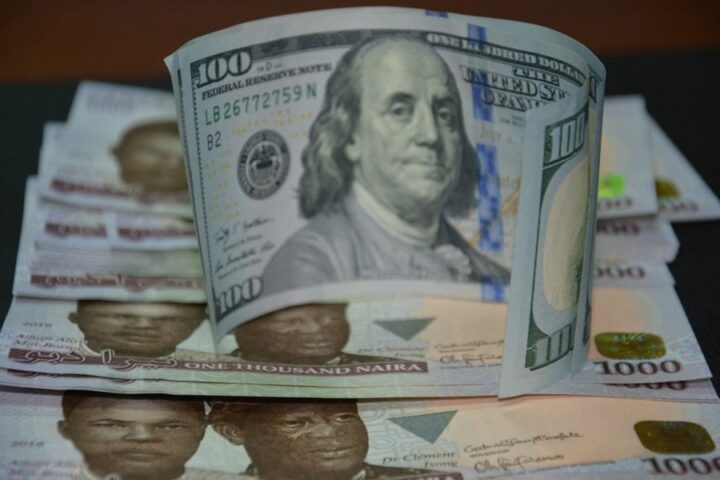
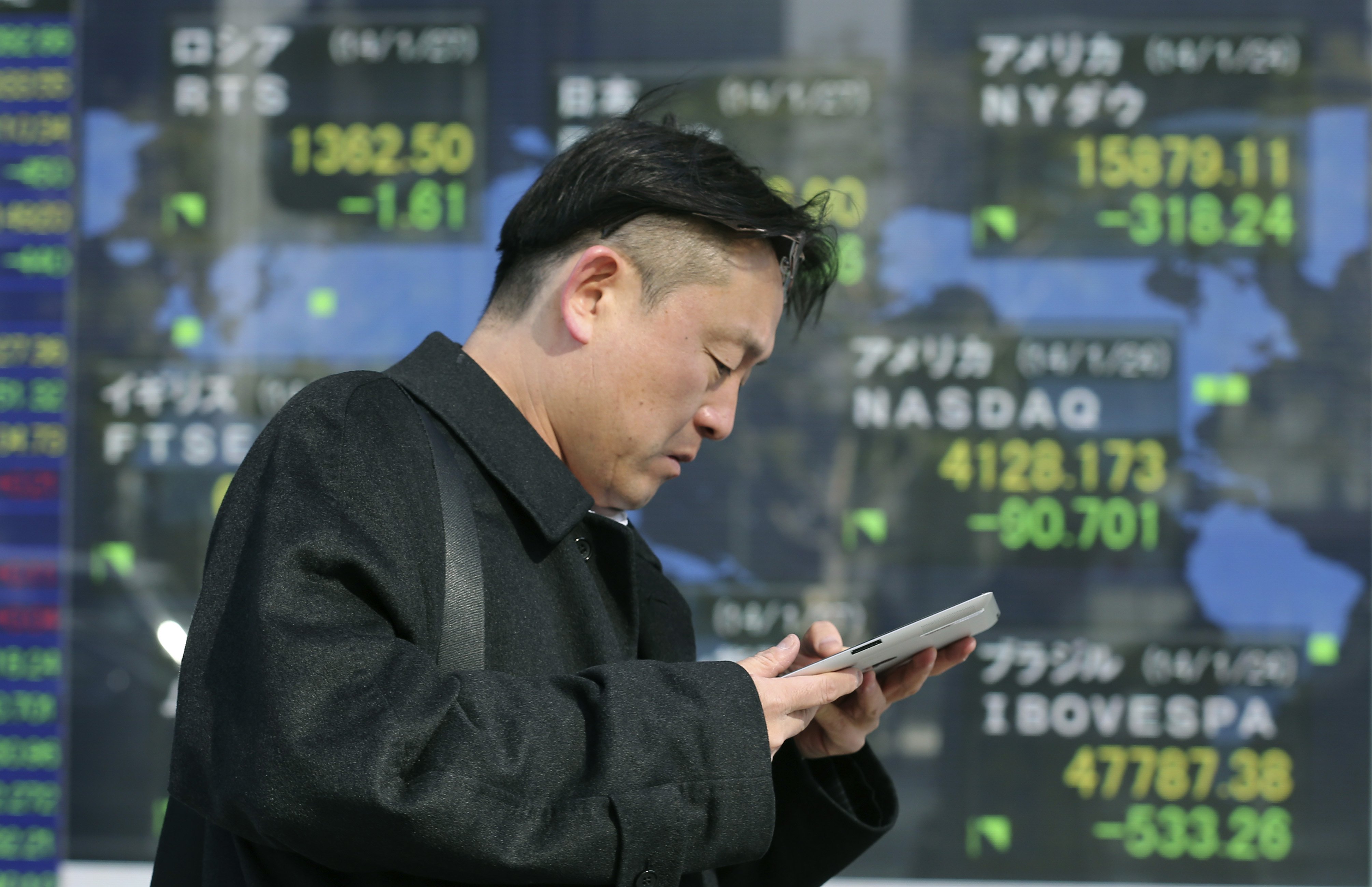
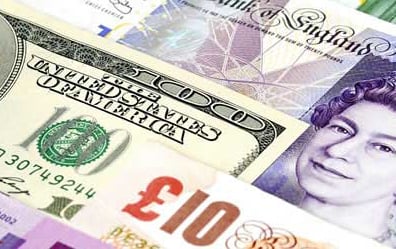
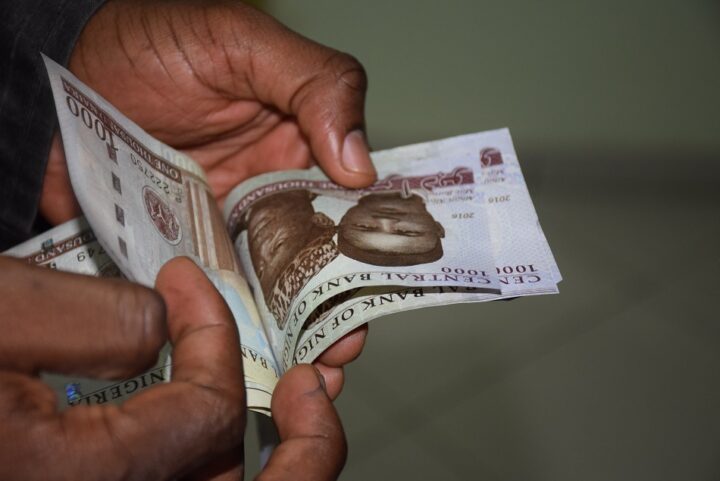
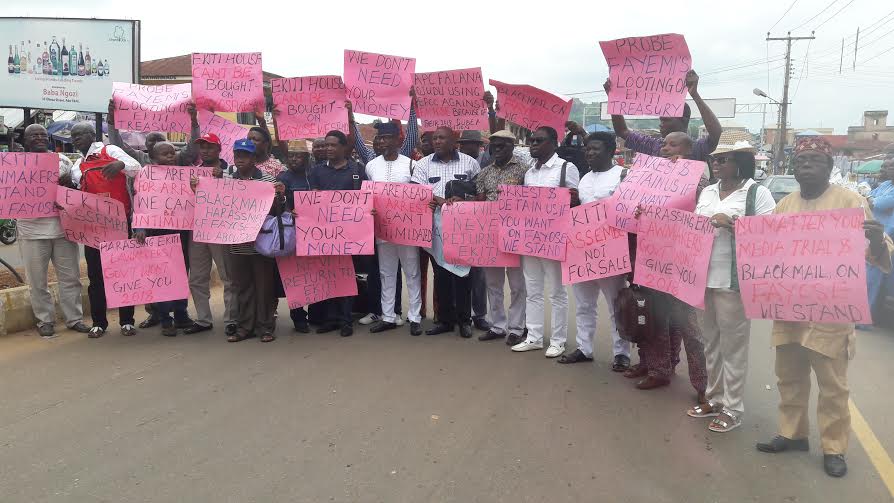

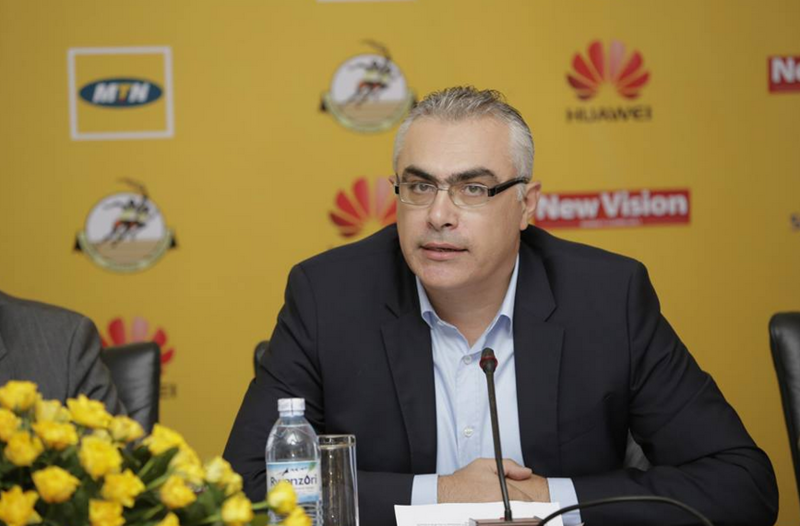
This is a true situation of the Forex market that is completely beyond the control of the current CBN leadership.
Nigeria is faced with all these troubles when the CBN lacks competent leadership and the goverment runs without economic team or serious minded people directing the economy. Today, the President with his education (or lack of education) makes serious policy statements on the economy and Forex.
Is it the Presidential Economic Team that will manage the monetary policy? Secondly, what do you people want again? You’ve been crying for devaluation for ages, it was done for you and you’re still wailing. People can’t be satisfiedsha!!!
The CBN is serving the interests of the banks at the expense of national interests! How could the banks bid at the free market rate and yet sell to their customers at about the parallel market’s? It is obvious that the govt does not have a loyal economics team who appears to be serving their own agenda which is divergent from the goals of the govt.